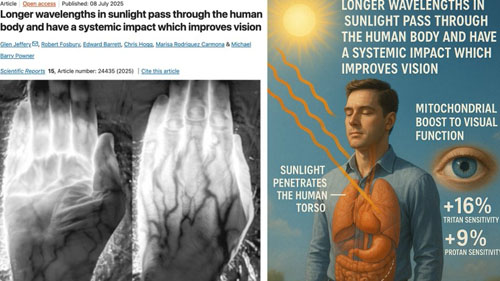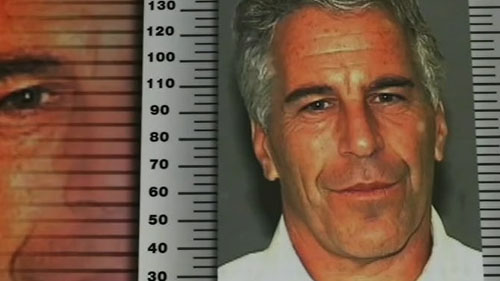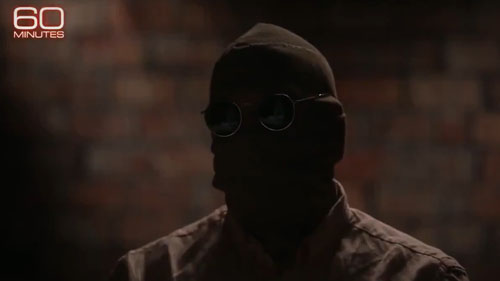| Recent Featured Videos and Articles | Eastern “Orthodoxy” Refuted | How To Avoid Sin | The Antichrist Identified! | What Fake Christians Get Wrong About Ephesians | Why So Many Can't Believe | “Magicians” Prove A Spiritual World Exists | Amazing Evidence For God | News Links |
| Vatican II “Catholic” Church Exposed | Steps To Convert | Outside The Church There Is No Salvation | E-Exchanges | The Holy Rosary | Padre Pio | Traditional Catholic Issues And Groups | Help Save Souls: Donate |  |









 " />
" /> " />
" /> " />
" /> " />
" /> " />
" />




The Catholic Church teaches that a heretic would cease to be pope, and that a heretic couldn’t be validly elected pope
Heresy is the obstinate denial or doubt by a baptized person of an article of divine and Catholic Faith. In other words, a baptized person who deliberately denies an authoritative teaching of the Catholic Church is a heretic.
Martin Luther, perhaps the most notorious heretic in Church history, taught the heresy of Justification by faith alone, among many others
Besides antipopes reigning from Rome due to uncanonical elections, the Catholic Church teaches that if a pope were to become a heretic he would automatically lose his office and cease to be the pope. This is the teaching of all the doctors and fathers of the Church who addressed the issue:
That a heretic cannot be a pope is rooted in the dogma that heretics are not members of the Catholic Church
It should be noted that the teaching from the saints and doctors of the Church, which is quoted above – that a pope who became a heretic would automatically cease to be pope – is rooted in the infallible dogma that a heretic is not a member of the Catholic Church.
We can see that it’s the teaching of the Catholic Church that a man is severed from the Church by heresy, schism or apostasy.
Thus, it’s not merely the opinion of certain saints and doctors of the Church that a heretic would cease to be pope; it’s a fact inextricably bound up with a dogmatic teaching. A truth inextricably bound up with a dogma is called a dogmatic fact. It is, therefore, a dogmatic fact that a heretic cannot be the pope. A heretic cannot be the pope, since one who is outside cannot head that of which he is not even a member.
(Pope Paul IV)
At the time that Paul IV issued the Bull (quoted below) there were rumors that one of the cardinals was a secret Protestant. In order to prevent the election of such a heretic to the Papacy, Pope Paul IV solemnly declared that a heretic cannot be validly elected pope. Below are the pertinent portions of the Bull. For the entire Bull, see our website.
Pope Paul IV, Bull Cum ex Apostolatus Officio, Feb. 15, 1559: “1… Remembering also that, where danger is greater, it must more fully and more diligently be counteracted, We have been concerned lest false prophets or others, even if they have only secular jurisdiction, should wretchedly ensnare the souls of the simple, and drag with them into perdition, destruction and damnation countless peoples committed to their care and rule, either in spiritual or in temporal matters; and We have been concerned also lest it may befall Us to see the abomination of desolation, which was spoken of by the prophet Daniel, in the holy place. In view of this, Our desire has been to fulfill our Pastoral duty, insofar as, with the help of God, We are able, so as to arrest the foxes who are occupying themselves in the destruction of the vineyard of the Lord and to keep the wolves from the sheepfolds, lest We seem to be dumb watchdogs that cannot bark and lest We perish with the wicked husbandman and be compared with the hireling…
(i) the promotion or elevation, even if it shall have been uncontested and by the unanimous assent of all the Cardinals, shall be null, void and worthless;(ii) it shall not be possible for it to acquire validity (nor for it to be said that it has thus acquired validity) through the acceptance of the office, of consecration, of subsequent authority, nor through possession of administration, nor through the putative enthronement of a Roman Pontiff, or Veneration, or obedience accorded to such by all, nor through the lapse of any period of time in the foregoing situation;(iii) it shall not be held as partially legitimate in any way…
With the fullness of his papal authority, Pope Paul IV declared that the election of a heretic is invalid, even if it takes place with the unanimous consent of the cardinals and is accepted by all.
Pope Paul IV also declared that he was making this declaration in order to combat the arrival of the abomination of desolation, spoken of by Daniel, in the holy place. This is astounding, and it seems to indicate that the Magisterium itself is connecting the eventual arrival of the abomination of desolation in the holy place (Matthew 24:15) with a heretic posing as the pope – perhaps because the heretic posing as the pope will give us the abomination of desolation in the holy place (the New Mass), as we believe is the case, or because the heretical antipope will himself constitute the abomination of desolation in the holy place.
The Catholic Encyclopedia repeats this truth declared by Pope Paul IV by asserting that the election of a heretic as pope would, of course, be completely null and void.
In line with the truth that a heretic cannot be the pope, the Church teaches that heretics cannot be prayed for in the canon of the Mass
A pope is prayed for in the Te Igitur prayer of the canon of the Mass. But the Church also teaches that heretics cannot be prayed for in the canon of the Mass. If a heretic could be a true pope, there would be an insoluble dilemma. But it’s actually not a dilemma because a heretic cannot be a valid pope:
[1] The Catholic Encyclopedia, “Heresy,” New York: Robert Appleton Co., 1914, Vol. 7, p. 261.
[2] Decrees of the Ecumenical Councils, Sheed & Ward and Georgetown University Press, 1990, Vol. 1, p. 578; Denzinger, The Sources of Catholic Dogma, B. Herder Book. Co., Thirtieth Edition, 1957, no. 714.
[3] The Papal Encyclicals, by Claudia Carlen, Raleigh: The Pierian Press, 1990, Vol. 4 (1939-1958), p. 41.
[4] The Papal Encyclicals, Vol. 2 (1878-1903), p. 393.
[5] The Papal Encyclicals, Vol. 2 (1878-1903), p. 393.
[6] Denzinger 423.
[7] The Papal Encyclicals, Vol. 2 (1878-1903), p. 401.
[8] The Catholic Encyclopedia, “Papal Elections,” 1914, Vol. 11, p. 456.
[9] Denzinger 172.
[10] The Papal Encyclicals, Vol. 1 (1740-1878), p. 84.
[11] The Papal Encyclicals, Vol. 1 (1740-1878), p. 415.
Sign up for our free e-mail list to see future vaticancatholic.com videos and articles.
Recent Content
^